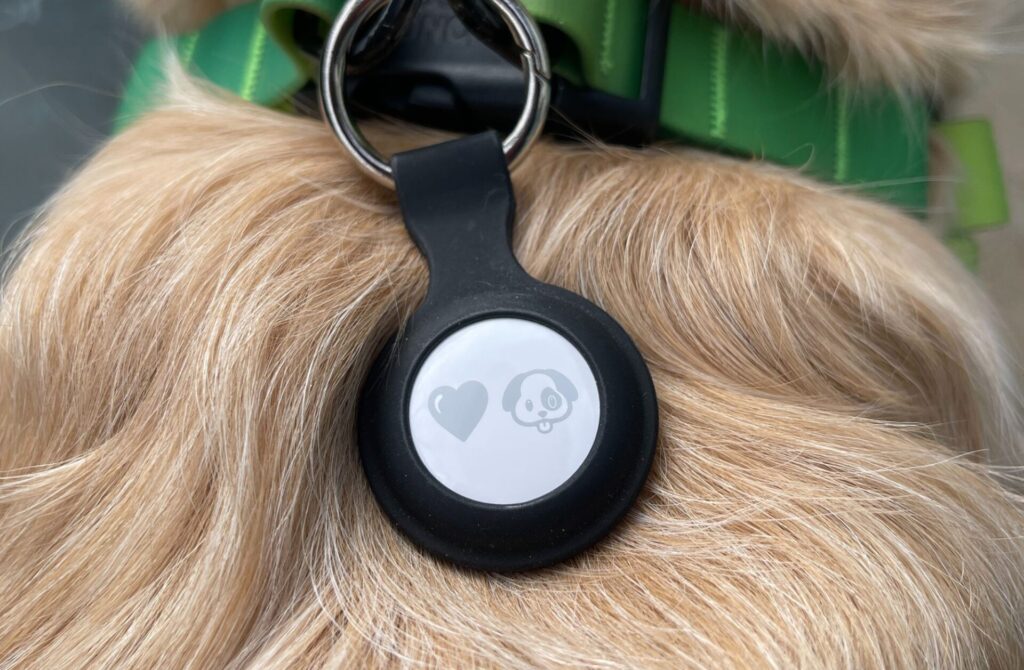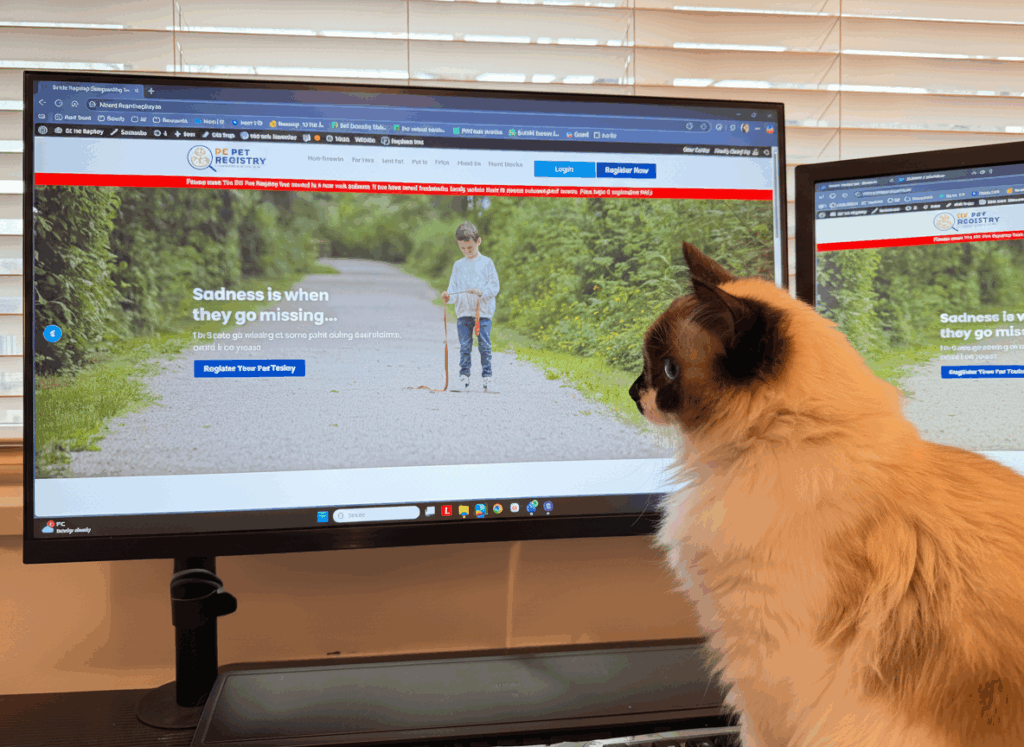Losing a pet is a terrifying experience, and many owners turn to tracking devices like Apple AirTags for peace of mind. While AirTags can help in certain situations, they have limitations—they rely on nearby Apple devices, can fall off, and pose a choking hazard. Unlike AirTags, a registered microchip is a permanent, reliable form of identification that shelters and veterinarians use to reunite lost pets with their families. Understanding the differences between these tools and ensuring your pet’s microchip is registered with BC Pet Registry can make all the difference in bringing them home safely.
Are Apple AirTags a Reliable Tool for Pet Recovery?
The thought of a lost pet vanishing without a trace is every owner’s deepest fear. While microchips have long been the gold standard for pet identification, many people now consider Apple AirTags as an additional tool for tracking lost pets. But are AirTags truly reliable for pet recovery? Let’s explore the pros and cons and why a registered microchip remains essential.

The Reality of Pet Identification and Recovery

Many lost pets arrive at shelters with no ID, collar, or harness. Whether they escaped from home or lost their gear during their adventure, reuniting them with their families becomes challenging. This is where microchips play a crucial role. Unlike external tags that can fall off, a microchip is a permanent form of identification—provided it is registered with an accessible database like the BC Pet Registry.
Pros and Cons of Using Apple AirTags for Pets
Pros:
- Affordable and Lightweight: AirTags are compact and inexpensive compared to dedicated GPS trackers.
- Easy to Attach: They can be clipped onto a collar, though an AirTag holder may be needed to secure it to the harness.
- Utilizes Apple’s Find My Network: If a lost pet is near an Apple device, its location can be updated.
Cons:
- Choking Hazard: AirTags are small and can pose a choking risk
- Limited Range: AirTags rely on nearby Apple devices to relay location data. If there are no Apple users nearby, the AirTag cannot transmit its location.
- Not a GPS Tracker: Unlike dedicated pet GPS trackers, AirTags do not provide live tracking or geofencing alerts.
- Battery Life Concerns: AirTags run on a replaceable battery that may die over time, rendering them ineffective if not regularly checked.
The Best Solution: A Registered Microchip and Additional Tools
While AirTags may help in certain situations, they are not a foolproof pet recovery tool. A microchip, however, is permanent and ensures that if your pet is found, shelters and veterinarians can scan the chip and contact you—but only if it is registered.
At BC Pet Registry, we work with shelters and veterinarians across British Columbia to reunite lost pets with their families. If your pet is microchipped, make sure it is registered and that your contact details are current.
For added security, combining a registered microchip with an external ID tag, an AirTag, or a dedicated pet GPS tracker provides the best chance of a quick reunion with your pet.

Take Action: Protect Your Pet Today
Getting a microchip is just the first step—registering it is what makes it effective. If your pet’s microchip isn’t registered yet, visit the BC Pet Registry to update your information today. Consider additional tools like an AirTag for extra peace of mind, but never rely on them alone.
Be a Part of the 80% Responsible Owner
During our recent events, we scanned hundreds of pets, all with microchips implanted. Only to discover that approximately 20% of the pets’ microchips are not linked to any registries in North America. We recommend all pet owners to double check their pet’s registration and directly registering with us. All you need is the microchip number and/or tattoo code to start the online registration process. For a small, one-time fee of $45, your pet will be protected for a lifetime and you will also have contributed to the life-saving work of the BC SPCA.
FAQs
1. Are Apple AirTags a good alternative to pet microchips?
No, AirTags can help track pets under certain conditions, but they are not a replacement for a registered microchip, which is permanent and does not rely on nearby devices.
2. How do Apple AirTags work for tracking lost pets?
AirTags use Bluetooth to connect to nearby Apple devices and update their location through the Find My network, but they don’t provide real-time tracking like dedicated GPS devices.
3. Can AirTags fall off or get lost?
Yes, AirTags are external attachments and can fall off during a pet’s escape. They should be securely fastened with a compatible holder to reduce this risk.
4. What’s the safest way to identify my pet?
A microchip registered with BC Pet Registry is the safest and most reliable form of pet identification. Adding an external ID tag or tracker like an AirTag can provide additional security.
5. What should I do if my pet is lost?
First, notify BC Pet Registry and ensure your microchip details are up to date. Then, check local shelters, post on lost pet groups, and use any tracking devices like an AirTag or GPS collar. Here’s a guide to finding lost pets here.

